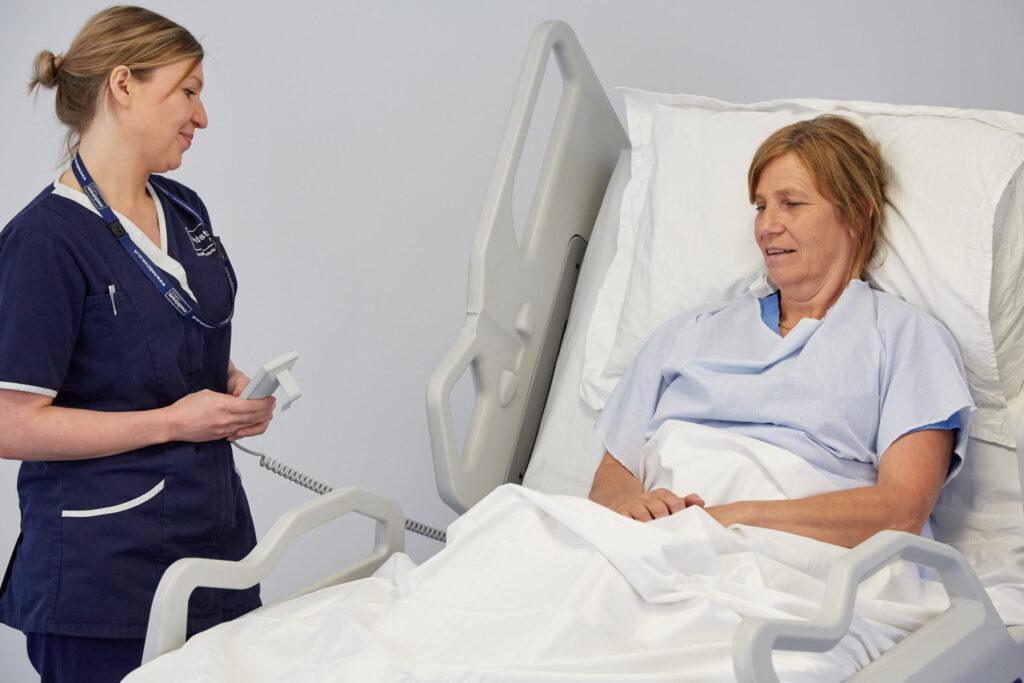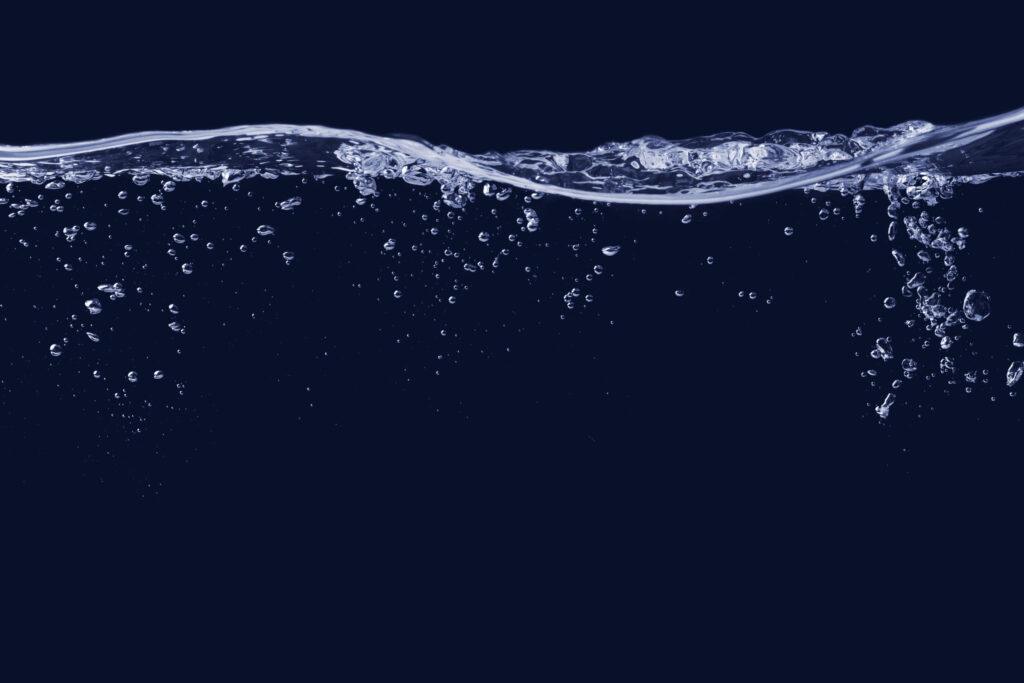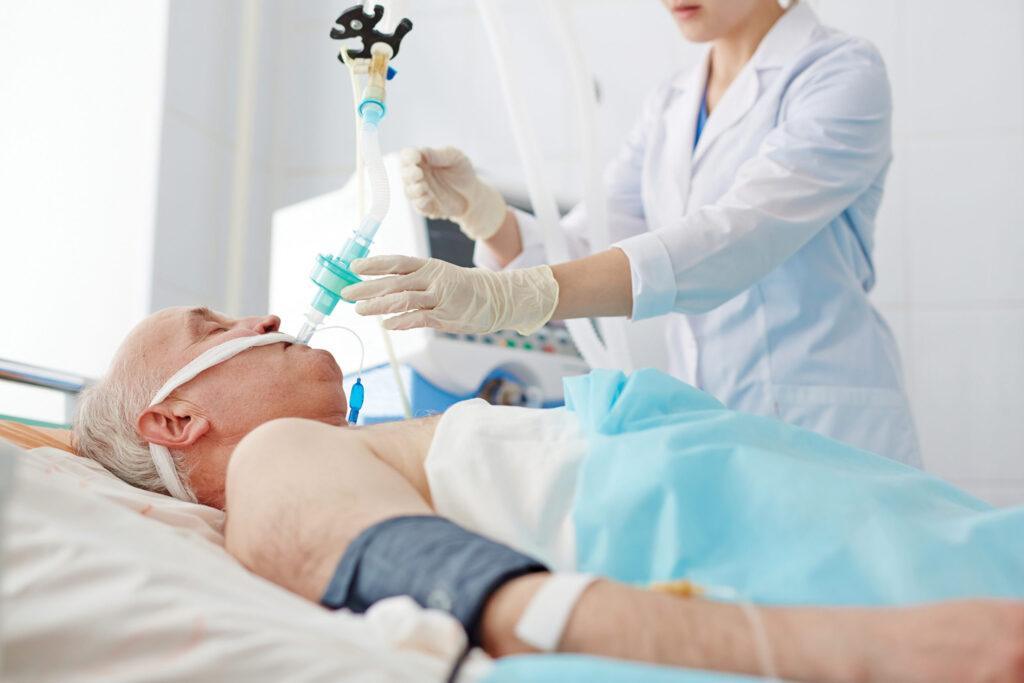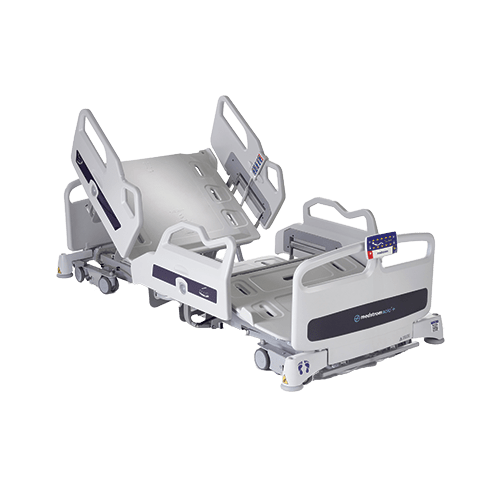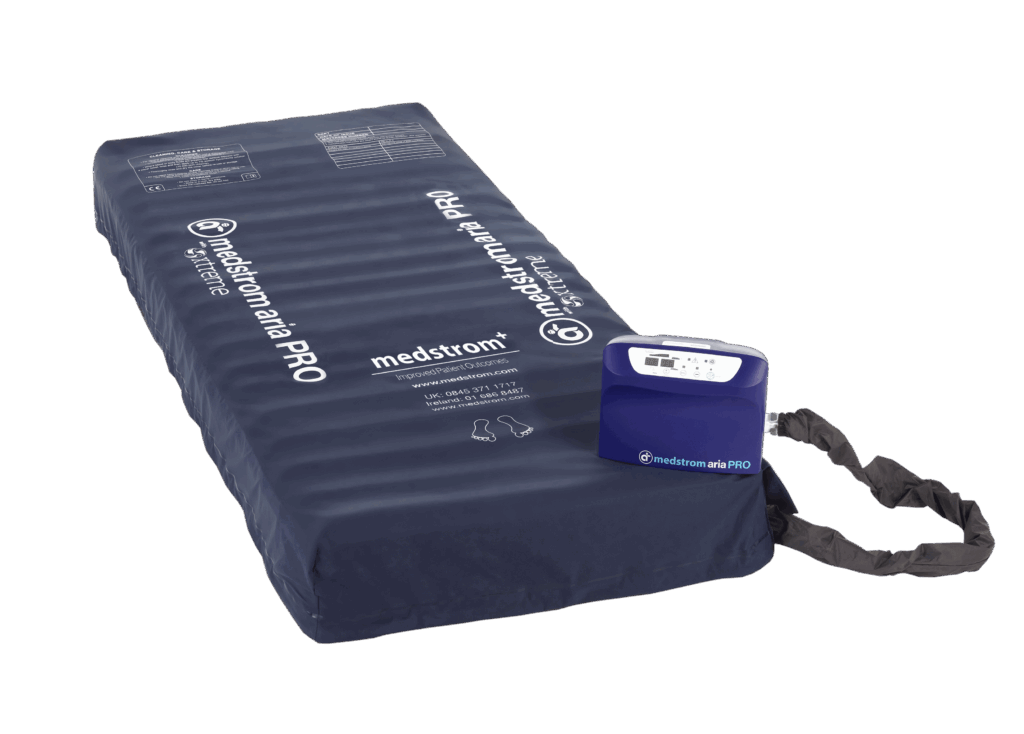
Psychological Effects of Pressure Ulcers
The psychological effects of pressure ulcers can be significant and long-lasting. In the short video below, Diane Hill, a Community Clinical Nurse Specialist, describes how the mental health of her patient was affected, and the difference in his quality of life after his wounds had healed.
Introduction
This post briefly summarises the video, and discusses some of the published evidence on the psychological effects of pressure ulcers.
Dolphin Therapy is a unique reactive support surface that simulates a fluid environment. Outcomes collected from over 3,000 patients have demonstrated that it reduced pain and improved comfort and sleep in over 99% who had these as objectives.1
Patient Journey
Diane tells the story of her patient who was placed on Dolphin Therapy to heal existing pressure ulcers, and prevent any further skin damage.
Prior to Dolphin Therapy, the patient’s lifestyle was severely curtailed, affecting his mental health and wellbeing. His ability to change position was very limited, to the point where he couldn’t watch TV on interact properly with other people.
The patient also had a lot of outpatient appointments, which were very difficult to attend due to the condition of his skin and poor mobility.
He used Dolphin Therapy for three months, and then ‘stepped down’. Key benefits of Dolphin Therapy for him included:
- He became much more engaged with his caregivers, and his care
- His wounds healed
- He ‘picked up his life’ again – he could reposition better and was able to attend his appointments much more easily
Pressure Ulcers and Mental Health
A recent systematic literature review found that patients suffering from pressure ulcers experience low quality of life in every aspect of daily living. Key findings include:2
- Patients have a reduced quality of life due to pain and poor physical health.
- Younger patients unable to work due to pressure ulcers can face spiralling costs with no source of income.
- Increased dependence on family and caregivers for help can negatively impact mental health.
- Anxiety and depression are the most common psychological disorders. They both contribute to:
- Further physical and mental decline
- Eating and sleep disorders
- Low self-esteem
- Poor health outcomes
Summary
Dolphin Therapy had a very positive impact for the patient described in this video. When used for the right patient at the right time, it can aid both wound healing and prevention, which in turn gives physical and psychological benefits.
Click on the links below to watch further short videos featuring Diane Hill’s experiences using Dolphin Therapy:
Faster wound healing and hospital readmission prevention
References
-
Medstrom (2023). The effectiveness of Dolphin Therapy fluid immersion simulation support surface. Outcomes for over 3,000 highly complex patients. Available here.
-
Roussou E et al. Quality of life of patients with pressure ulcers: a systematic review. Med Pharm Rep. 2023;96(2):123-130. doi:10.15386/mpr-2531
